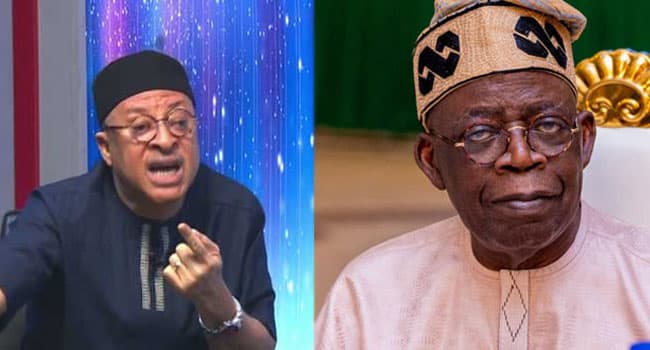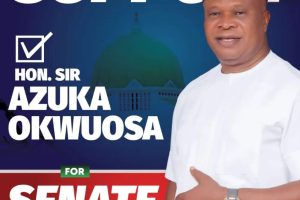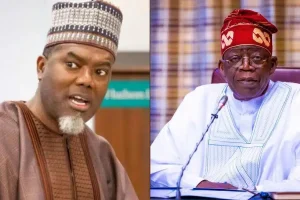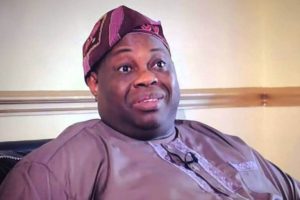
The Federal Government of Nigeria has strongly criticized a recent move by renowned economist and political activist, Professor Pat Utomi, to establish a shadow government a step officials describe as both unconventional and unconstitutional within Nigeria’s federal system.
Professor Utomi, a former presidential candidate and pro-democracy advocate, virtually unveiled the “Big Tent Coalition Shadow Government” on Monday evening, comprising prominent figures from multiple opposition parties. According to him, the initiative aims to serve as a constructive alternative voice, monitoring government performance, critiquing policy failures, and offering credible policy alternatives to the Bola Tinubu administration.
Government Responds: “This Is an Aberration”
Reacting to the development, the Minister of Information and National Orientation, Mohammed Idris, in a statement to Punch, condemned the shadow cabinet as an inappropriate political stunt that lacks legal or constitutional backing in a presidential system.
“At a time when our nation is set to celebrate 26 unbroken years of presidential democracy, the idea of a so-called ‘shadow government’ is an aberration,” Idris said.
He emphasized that Nigeria does not operate a parliamentary system, where such structures are traditionally found, and argued that the nation’s laws provide no room for parallel governance structures.
“While opposition politics is vital in any democracy, it must operate within constitutional and institutional frameworks,” the minister continued. “Nigeria’s bicameral National Assembly already includes opposition members who are well-positioned to debate and contest government policy through legitimate channels.”
Utomi Defends Initiative: “Democracy Is in Crisis”
Despite the backlash, Prof. Pat Utomi defended his position, stating that the shadow government is a response to what he described as a deteriorating democratic environment in Nigeria.
He cited economic mismanagement, increasing poverty, insecurity, and a surge in corruption as key motivations for creating the coalition. Utomi specifically blamed the Bola Tinubu administration for policy blunders that have driven multinational companies out of Nigeria and worsened the security crises in regions like Benue and Plateau States.
“This government has chosen propaganda over performance and resorts to silencing dissent rather than engaging ideas,” Utomi said.
He further expressed concern about the mass defections to the All Progressives Congress (APC) by members of opposition parties, suggesting that such moves highlight a growing fragility in Nigeria’s democratic system.
What Is a Shadow Government?
A shadow government, more commonly found in parliamentary democracies like the United Kingdom, is typically composed of members from the main opposition party who mirror official government roles and serve as an alternative leadership ready to assume office if power changes hands.
However, Nigeria operates a presidential system, where opposition roles are constitutionally defined within legislative bodies rather than unofficial, parallel structures.
Political Implications and Public Reactions
Utomi’s move has sparked a nationwide debate on the role of opposition in a presidential democracy. While some civil society groups have applauded the effort as a bold step toward accountability, others argue it risks undermining Nigeria’s constitutional framework and could further polarize the political climate.
Analysts believe this development could reshape opposition strategy ahead of the 2027 general elections, as various factions seek to consolidate influence outside traditional party lines.





